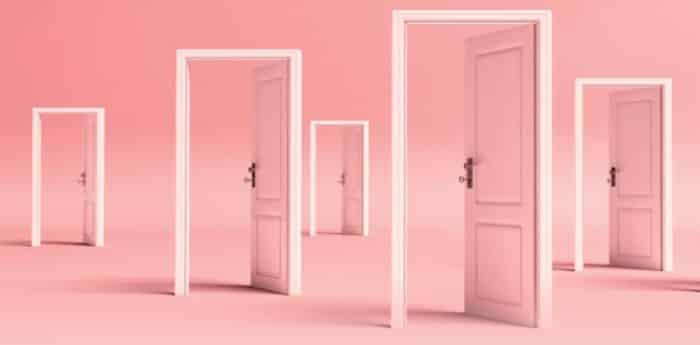Danish philosopher Soren Kierkegaard shares the idea that whenever we make a choice, it was possible for us to have made a different one. The freedom we exhibit as humans to determine our own actions through individual choice, is what makes us each unique and individual. The choices we make, what we should or should not do, the possibilities of alternatives and which option is best, determines how we interact with and see the world. What values, principles and beliefs we use to guide our decision making, helps us to discover who we are and who we want to be.
Ethics are the principles that set a standard for human behaviour. This is the main message to our students who study this course. Our introduction to Ethics in Year 10 encourages students to learn and develop the skills necessary to think about, analyse and discuss ethical dilemmas such as the Trolly and Lifeboat dilemmas. Perhaps the most important aspects of the Ethics course is the way that it is designed to challenge students to examine their own personal answers to each dilemma, to develop a deeper understanding of their own belief system, and to constantly question and consider their personal position on the various topics presented in class in order to build their knowledge of their own ethical framework.
In our Ethics classroom at Strathcona, students are encouraged to explore and evaluate a range of different issues, some of which they are familiar with such as capital punishment and euthanasia, and others they have never previously considered such as surrogacy and designer babies. They are asked to consider a range of varying opinions and competing sources of authority on these issues and then compare this to their own thoughts and position.
“ Perhaps the most important aspects of the Ethics course is the way that it is designed to challenge students to examine their own personal answers to each dilemma, to develop a deeper understanding of their own belief system, and to constantly question and consider their personal position…”
Offering a range of perspectives on a topic allows students to witness the vast philosophical ideas that come into play when making difficult decisions. Sometimes choices can be based on a person’s religion or culture, other times it
may be influenced by their gender or past experiences. Students are supported and encouraged to use critical thinking skills to interpret and challenge these many perspectives and resolve to understand their own position on the topic and how they arrived there.
Topics are teased out in class in different manners. We may hold line debates, role-play scenarios, reasoning activities as well as students developing their own
podcasts and panel discussions which represent alternative views.
It is through debate and class discussions where, as a group, we are able to reflect on opposing views and students can begin to critically consider the ethical issues at play.
Through the sharing of personal thoughts, experiences and opinions about the ethical issues presented, students also build confidence and discover that their beliefs and opinions about problems in society are important.


